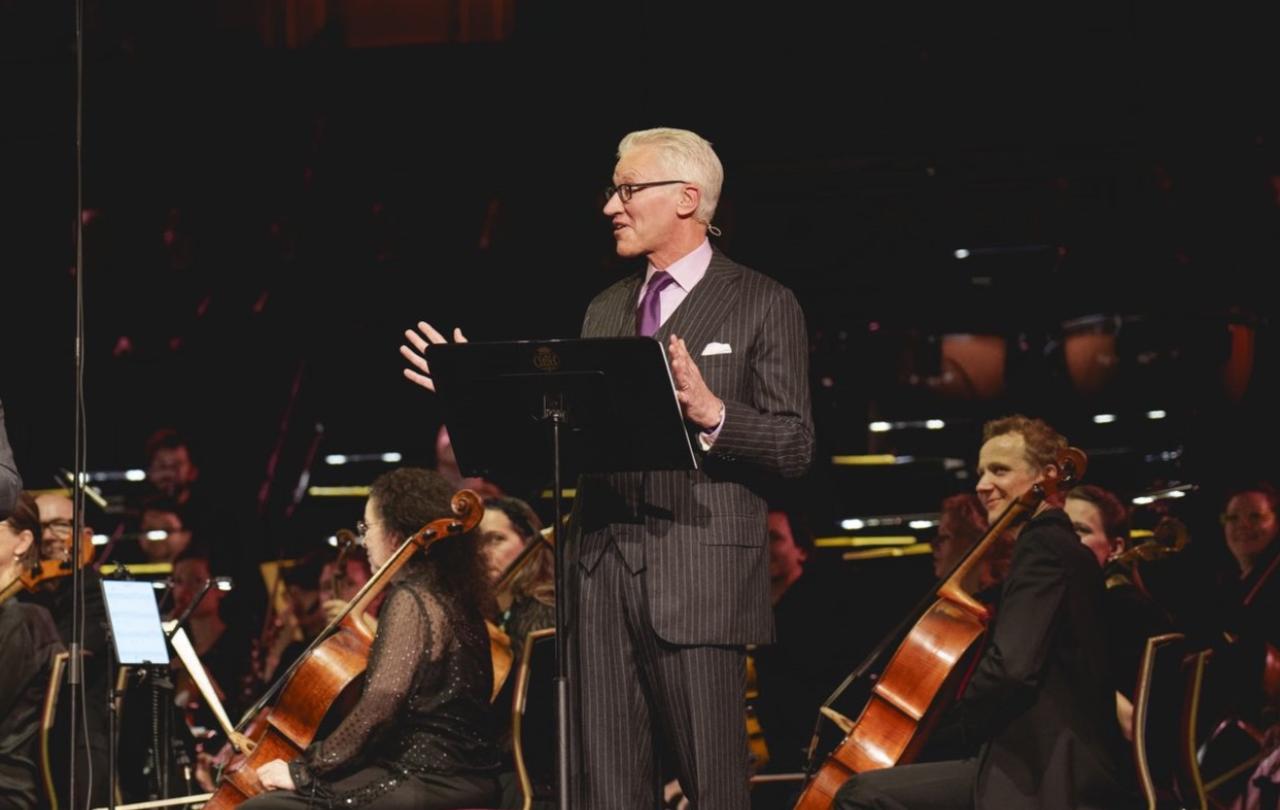
Monday is the Feast of the Epiphany, marking the end of the 12 days of Christmas. It’s rather good when Christmas falls on a Wednesday, so that Epiphany is on a Monday – the start of a new working week. No need to have returned from holiday during this previous week, for me at least, the only “work” I’m doing before Epiphany being the writing of this column.
Epiphany celebrated the nativity and/or baptism of the Christ historically, but in the western Church we’ve moved those festivals, not least to mark the birth of the Christ child at Christmas. The Greek root of Epiphany means “manifestation” and in popular, polytheistic religions nature is of full of local manifestations of the gods.
A deity might manifest in a divine human, a monarchical figure or a miracle worker. In ancient Greek philosophy, epiphany-religion is the foundation of a natural theology discerning these manifestations of the divine in all things, which we might call pantheism.
We’re more reticent about direct epiphanies of God in our biblical religion, but they do occur, notably for Moses in his witness of the burning bush (and thereafter in his regular audiences with the Godhead as he leads his people from Egypt).
Such manifestations invariably come by way of a promise, supremely in Christianity in the incarnation at Christmas. Our theology might hold that not until the epiphany of the Christ at the end of history can we speak of the Feast of the Epiphany in any fulfilled sense.
But there is another, more immediate side to the Epiphany. The coming of the magi – or sages – from the East to pay homage to the Christ child has long been interpreted as the manifestation of God to the Gentiles in the poverty of a Judean stable.
There is nothing actually in the scriptural story to indicate that these grandees are not Jews of the Diaspora, journeying back to their homeland to witness the Christ. But, importantly, this has come to represent the gift of a new covenant to the world, rather than the Mosaic covenant exclusive to the Jews.
And it’s with that idea that I suggest our Epiphany has very current cultural implications. The point of Epiphany is that it’s not ours, it’s everyone’s. It’s not owned here, it’s out there. It’s not multicultural, it’s transcultural, even supercultural.
So the Christian faith defies ownership, as the magi demonstrate. That’s a vital notion at a time when the phrase “cultural Christianity” has gained fresh traction. It’s customary at this point to list who most famously identifies as culturally Christian. So, briefly, here goes.
The professional atheist (he has earned a living from it) Richard Dawkins claims such status; former Dutch MP Ayaan Hirsi Ali has moved from Islam to atheism to Christian faith, claiming it as a bulwark against cultures that threaten us and the historian Tom Holland has expended a substantial proportion of his scholarship demonstrating that western civilisation is built on Christian foundations. Elon Musk has chimed in as a cultural Christian. So has rocker Nick Cave. There are many more.
The response from what might be called pro-am Christians isn’t always edifying. At best, it’s condescending – these starlets really don’t get it and need to study and qualify properly as card-carrying Christians. At worst, it’s belligerent – these charlatans want the fruit from our tree, but attack its roots.
It’s fair to observe that Christianity has always been cultural, not just through its initial and expedient spread through the trade routes of the Mediterranean until its adoption under Roman emperor Constantine, but in its very genesis in Jerusalem. The insurgent Nazarene movement showed far more interest in the lived experience of the new faith than in establishing an alternative Temple authority with it.
It’s a saying misattributed to St Francis of Assisi that evangelists are to go out into the world and spread the gospel and, if we have to, to use words. It’s about actions in the Christian life, not words of intent. In that, the former US president Jimmy Carter, who has just died aged 100, is a worthy exemplar.
By contrast, we have the modern versions of the corrupt and self-serving Temple of Jerusalem in our Christian Churches. Elites who believe in a primacy of status, marching around with sticks, bear as much fruit as the withered fig tree of the gospel. More than arguably, it must be worth turning away from them and towards the cultural Christians mentioned above.
For I’m finding that I may have more in common with them than with archbishops and priests, endlessly debating how to improve their woeful their Church. This is my epiphany.
So, for me, let 2025 be a year of cultural Christianity. Let them say we pick the fruit and ignore the roots. Because perhaps that’s preferable to sticking with a thick trunk that despises those fruits.
Join with us - Behind the Seen
Seen & Unseen is free for everyone and is made possible through the generosity of our amazing community of supporters.
If you’re enjoying Seen & Unseen, would you consider making a gift towards our work?
Alongside other benefits (book discounts etc.), you’ll receive an extra fortnightly email from me sharing what I’m reading and my reflections on the ideas that are shaping our times.
Graham Tomlin
Editor-in-Chief





